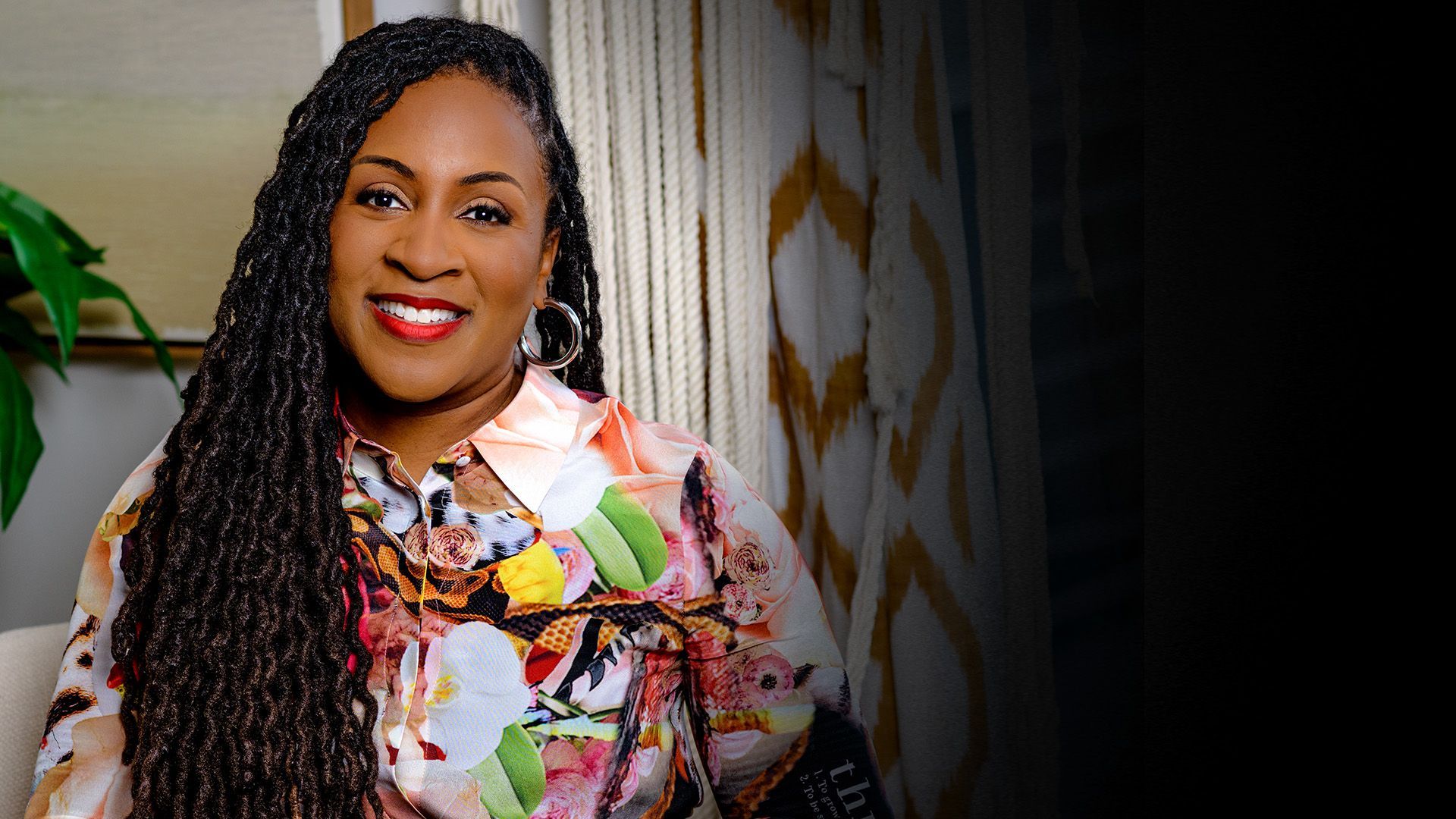Support Black Women in Higher Education
Lincoln University's
Former Vice President of Student Affairs, Dr. Antoinette Bonnie Candia-Bailey, 's tragic and sudden passing has left a void in the higher education community. Dr. Candia-Bailey was a respected leader dedicated to providing services and support to students, and her death is felt by many. The former Vice President was 49 when she died by suicide. Candia-Bailey's mother and husband said she had been terminated by John Moseley, the university president, on January 3, 2024. Furthermore, Bailey's husband stated that his wife was depressed and did not feel supported in her role at the university.
Considering this tragedy, it is essential to reflect on the comments made by journalist and Pulitzer Prize winner Nikole Hanna-Jones during her testimony on discrimination against Black women in higher education. In 2021, Hanna-Jones accepted a tenure position at Howard University instead of the University of North Carolina at Chapel Hill, effectively concluding her prolonged struggle with UNC's board of trustees, who had delayed offering her tenure. According to a data snapshot by the American Association of University Professors, as of the Fall of 2018, Black women made up only 3.2% of full-time instructional faculty at degree-granting postsecondary institutions in the United States. Furthermore, in 2018, Black women comprised slightly more than 2% of tenured professors. At the same time, Black women are some of the most educated individuals, often pursuing advanced degrees and dedicating their lives to improving their communities. Yet, despite their potential, Black women are often not given the same support and opportunities as their peers in higher education.
Higher education institutions must recognize the need to support and uplift Black women. Here are a few ways we can show up for Black women in higher education:
- Offer mentorship and networking opportunities.
Black women are often underrepresented in faculty and leadership roles in academia, which can lead to a lack of role models and support systems. By offering mentorship and networking opportunities, institutions can create a community of support for Black women.
- Address issues of discrimination and marginalization. Bias and discrimination against Black women in academia are still prevalent, and institutions must actively work to address these issues. By creating a more inclusive and equitable environment, institutions can help support Black women and ensure their talents are recognized and valued.
- Increase representation in higher education leadership. One primary way to support Black women in higher education is by increasing their representation in leadership positions. Institutions should actively work towards creating more opportunities for Black women to assume leadership roles. When Black women occupy leadership positions, their voices and perspectives can help shape policies and decision-making processes that are more inclusive and reflective of the diverse student body and faculty. By actively working to increase representation, institutions send a powerful message that they value and recognize the contributions of Black women in higher education.
Overall, the tragic loss of Dr. Antoinette Bonnie Candia-Bailey
underscores the urgent and long-standing need to support Black women in higher education. Institutions are responsible for ensuring that Black women are given the same opportunities and support as their peers. Let us honor the legacy of Dr. Candia-Bailey by working to create a more just and equitable higher education system for all.
Source: https://www.washingtonpost.com/education/2021/07/10/black-journalism-students-nikole-hannah-jones/















